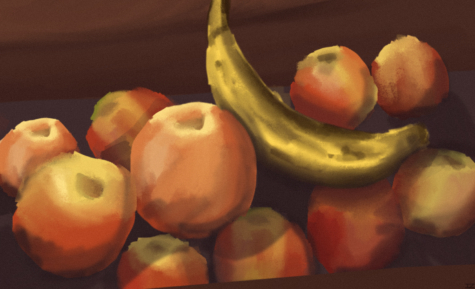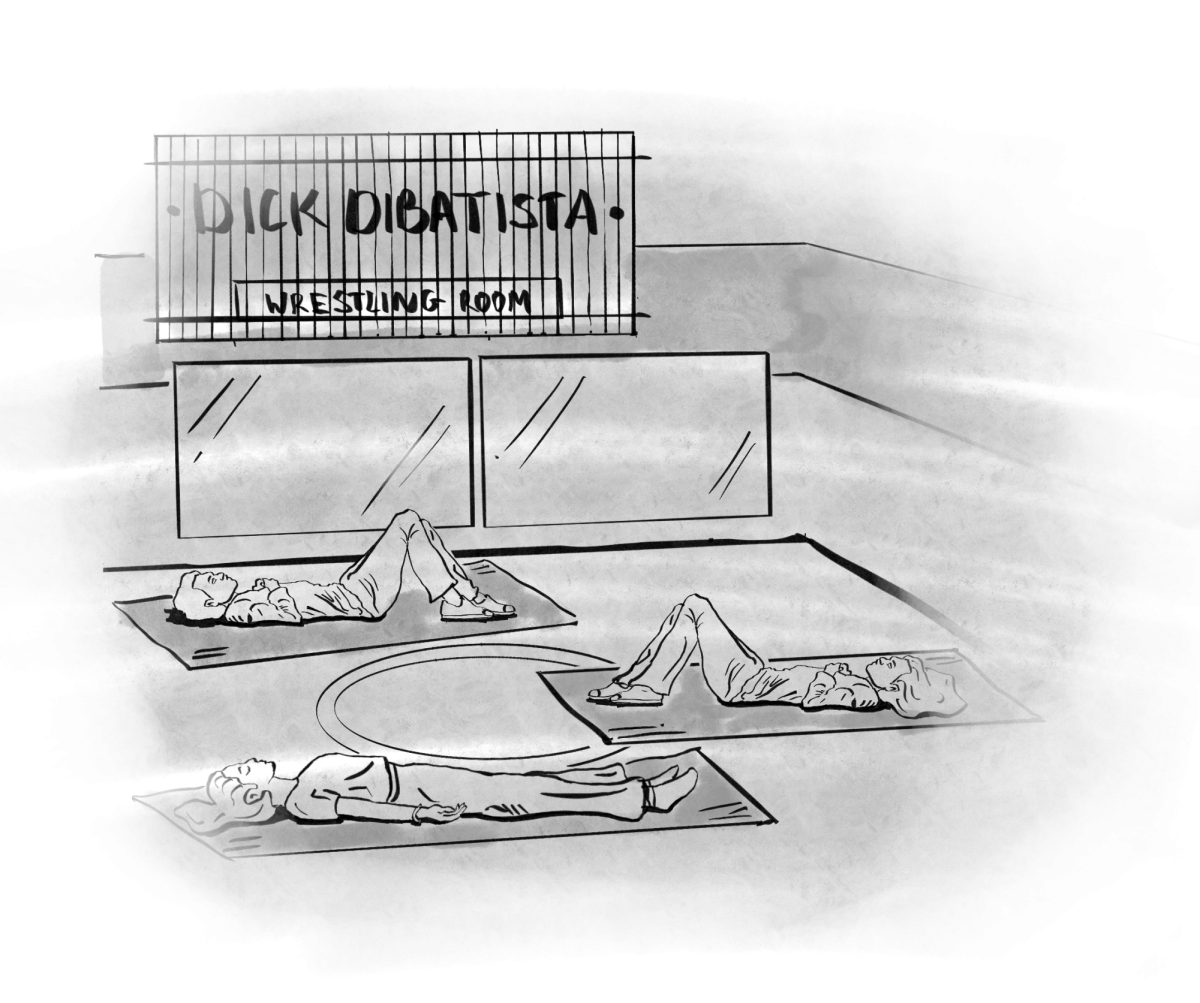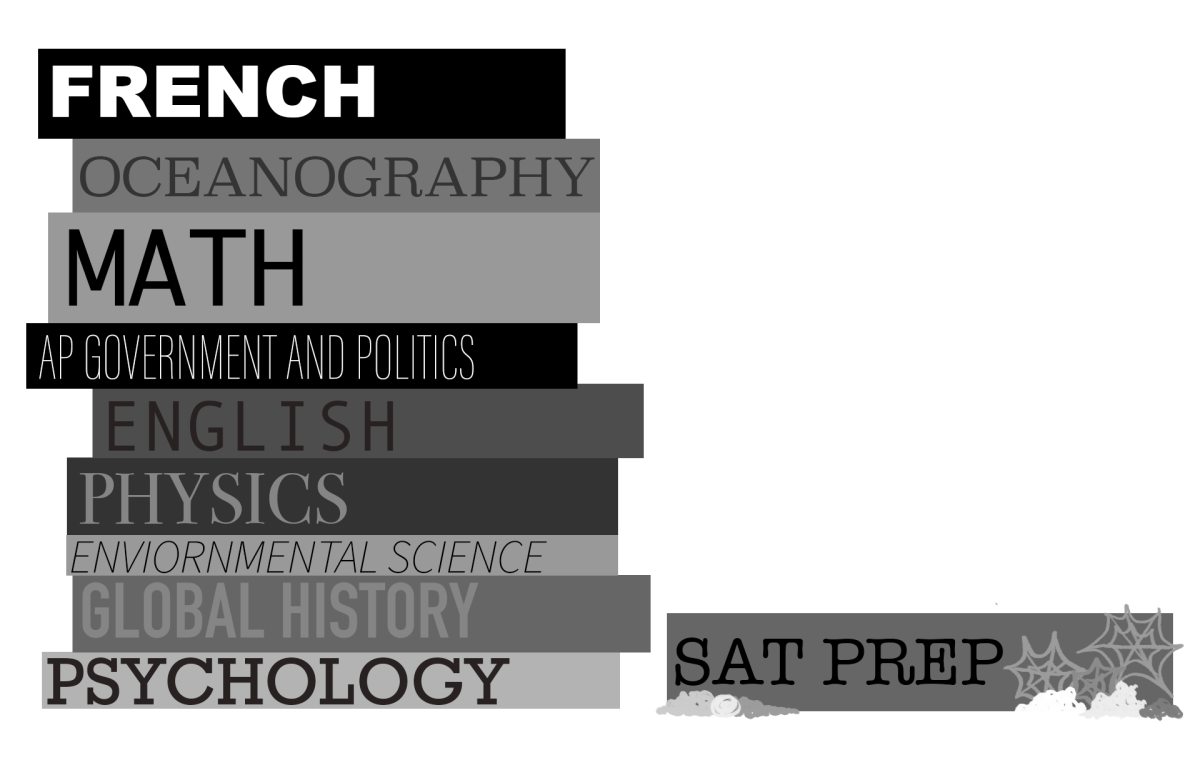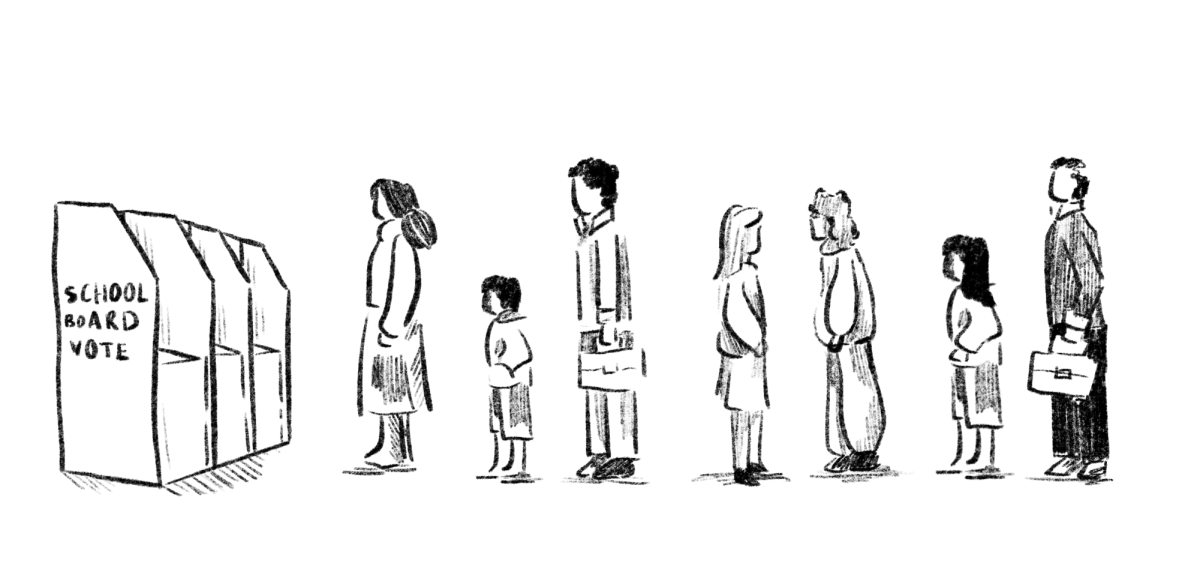
TW: Discussion of Eating Disorders
After reading “attention is the beginning of devotion” in a Mary Oliver poem some time during my anorexia recovery, I was forever changed. Her prose was universal and enduring, and made plain sense to a girl whose world had been complicated by an isolating pandemic and an even more isolating diagnosis. Once we notice things we begin to love them, and once we love someone we begin to notice them in the things we do, everyday. It was clear to me, at least, that love is asking questions and caring about the answers. Love is attention.
Therefore, attention-occupying “machines” like social media have indubitably led to a decline in our capacity to love with earnesty, dimension, and fullness. As we spend our time preoccupied with the false realities we create online, a veil is draped over our eyes, obscuring our collective perception of life apart from our screens. Our eyes glaze over at the sight of natural faces and bodies. We try to pretend this is less foreign than it truly is; but our attempts are futile. In the highly isolating and increasingly technologized world we live in, symptoms of anxiety and depressive disorders affect nearly 60% of young adults in the United StatesU.S.. Dr. Bryn Astin, a specialist in food policy and adolescent behavioral psychology, says in her New York Times op-ed that American youth’s mental health problem, particularly pertaining to eating disorders, is “way outstretching the capacity to address it.”
The brain notices differences; it notices the breaking of patterns, the disruption of sameness. This is precisely why it’s so easy to spend hours scrolling on algorithmic platforms like Instagram and Tik Tok; they give us the sameness our dulling brains long for that we can’t get out of corporeality. In the real world, people are constantly changing; constantly teaching, learning, and growing. Online, this change is apportioned; there is no room for non-homogeneity. Dr. Astin reaffirms what every teenager who’s suffered through ED Tumblr or quarantine fitness Tik Tok already knows;: that this comparison plated by social media is killing us. In the United States, eating disorders have the highest mortality rate of any mental illness. And if comparison is the grave-digger, and desirability politics are the soil which buries us—–the hundreds of thousands of us victimized by the corporate greed of private corporations profiting off of self-hatred and insecurity—,–then social media is the haunted hotel built foolishly upon these hallowed grounds.
Five insecticide-doused red apples in a row are disrupted by a bruised banana with brown senescent spots. This disruption is consequentially noted by the brain as an intrusion. With enough time spent online, soon our realities of daily life—scarred stomachs, unaligned teeth, and bruised bananas—become the disruptions themselves.
This acknowledgement becomes all the more indigestible when one too learns that it is the corporations themselves that practice and promote this unattainable uniformity. Tiktok was exposed for telling its content moderators to hide videos that featured users who could be categorized as being “[of] abnormal body shape, chubby, obese, or too thin.”. This isn’t anything new, either. Zuckerberg’s first model of The Facebook, a website called FaceMash, was used to compare women from his school and publicly rate them; an adaptive form of stake-burning equipped for the digital age. It’s foolish to assume that Facebook has, at its essence, changed at all from its misogynistic beginnings. In October 2021, Facebook whistleblower Frances Haugen’s damning claims, backed by internal corporate documents, demonstrated indisputably that the company’s app, Instagram, knowingly worsened eating disorders in teenage girls.
Despite this, these institutions are bound towards ruin; for they rely on the sorely misguided notion that we weren’t buried alive and fighting; that we’ve not spent all of our lives desperately scratching and clawing our way out.
New York Times writer Lauren Slater writes in her piece on self esteem:; “feeling bad about yourself is not the cause of our country’s biggest … social problems.” To this, I vehemently disagree. If we cannot cope with the realities of our bruised fruits, how are we to sustain ourselves as a species? If we cannot give our own bodies and selves due attention and love, how can we honestly give these to others? To the passions and causes that have been thrust upon us as a humanity? Psychiatrist Frantz Fanon philosophizes that “each generation must … discover its mission, fulfill it, or betray it.” How are we to discover our mission if we cannot even feed ourselves? How are we to confront the humanity-threatening objects in our side-view mirror (which are dangerously closer than they appear), if we can’t even stand to look in one?
These questions are often -overlooked in the political discourse pertaining to our “missions”, though this is not due to their lack of relevance nor our inability to answer them. It is rather that in answering these questions, we will not only come to understand the pertinence of love and attention in relation to ourselves, but in every facet of our lives; in our jobs, in our communities, and most radically, in our political action. To acknowledge this would be a consciousness revolution bordering on divine revelation; our day of reckoning. Though this is precisely why we don’t ask these questions, it is also precisely why we should.
Between the climate, the pandemic, and devastation on the Ukrainian front; the bruises are unavoidable. Humanity demands love and healing, and therefore, it demands our attention; earnest, dimensional, and full attention. Though it is uncomfortable, it is essential, but without lifting the veil, it is impossible. If love is asking questions and caring about the answers, then the first step is to ask them, regardless of how daunting they may seem, regardless of what will change once we determine their answers.




